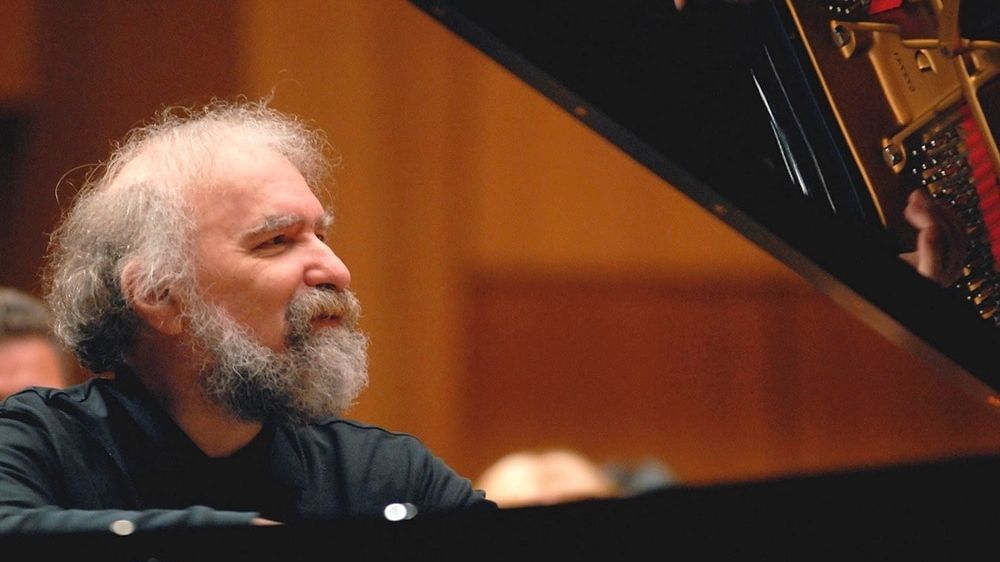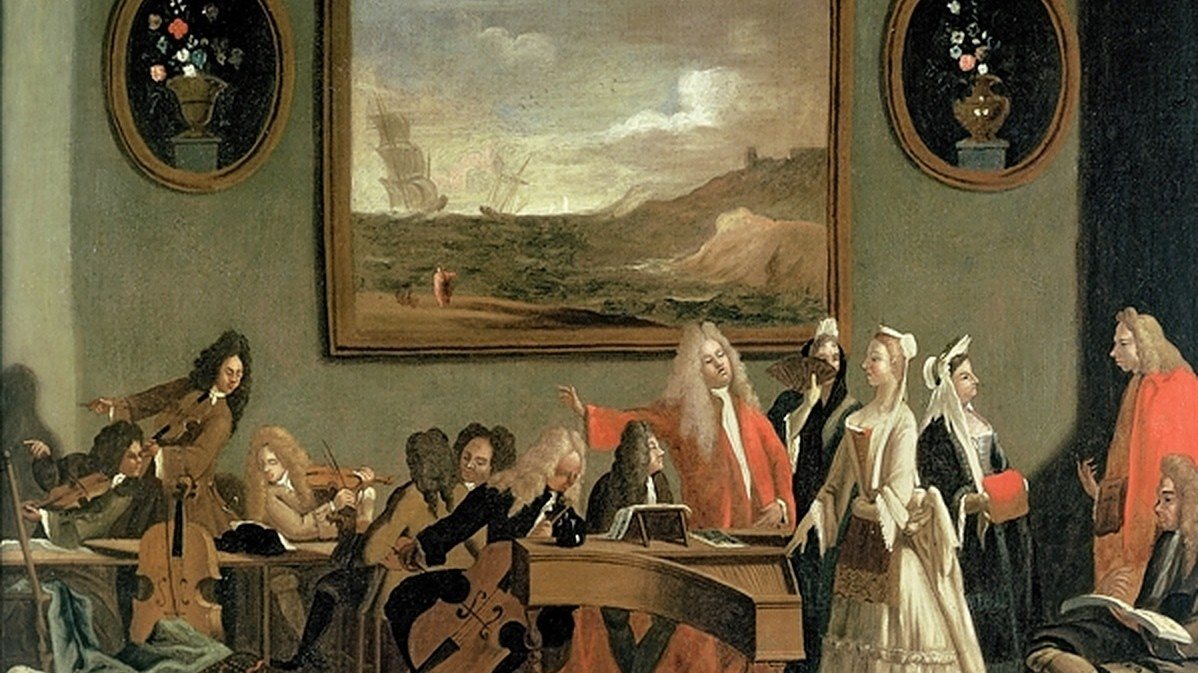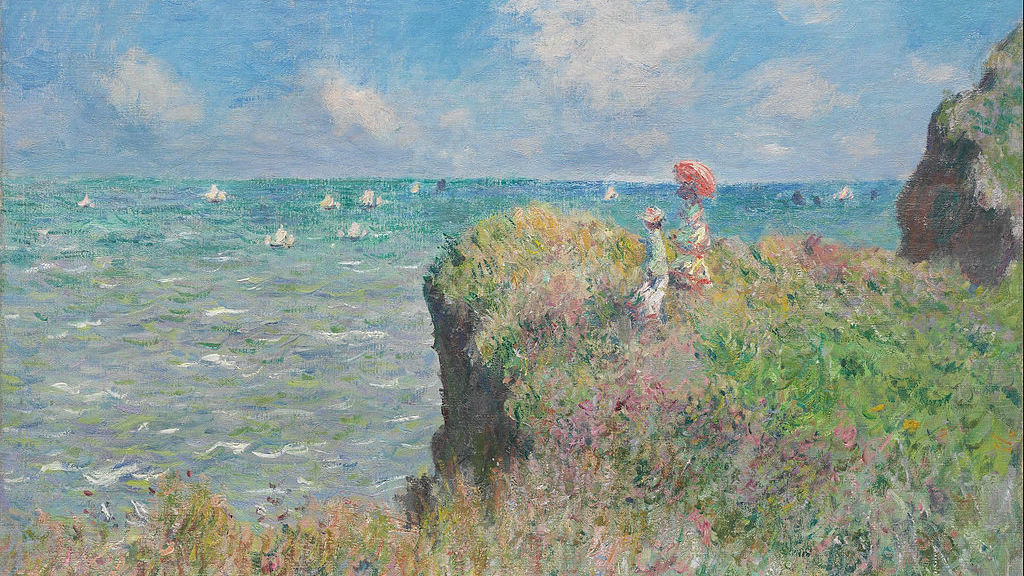Liszt’s “Vallée d’Obermann”: Vivid Encounters with Nature
Obermann, an 1804 novel by the French philosopher, Étienne de Senancour, centers around the mediations of a young, melancholy recluse who retreats into the Swiss Alps to probe profound and unsettling questions. The novel unfolds as a series of letters written by Obermann, the ultimate solitary, Romantic hero. Filled with longing, he is both enthralled and mystified by Nature. He asks, What do I wish? What am I? What shall I ask of nature? I …







